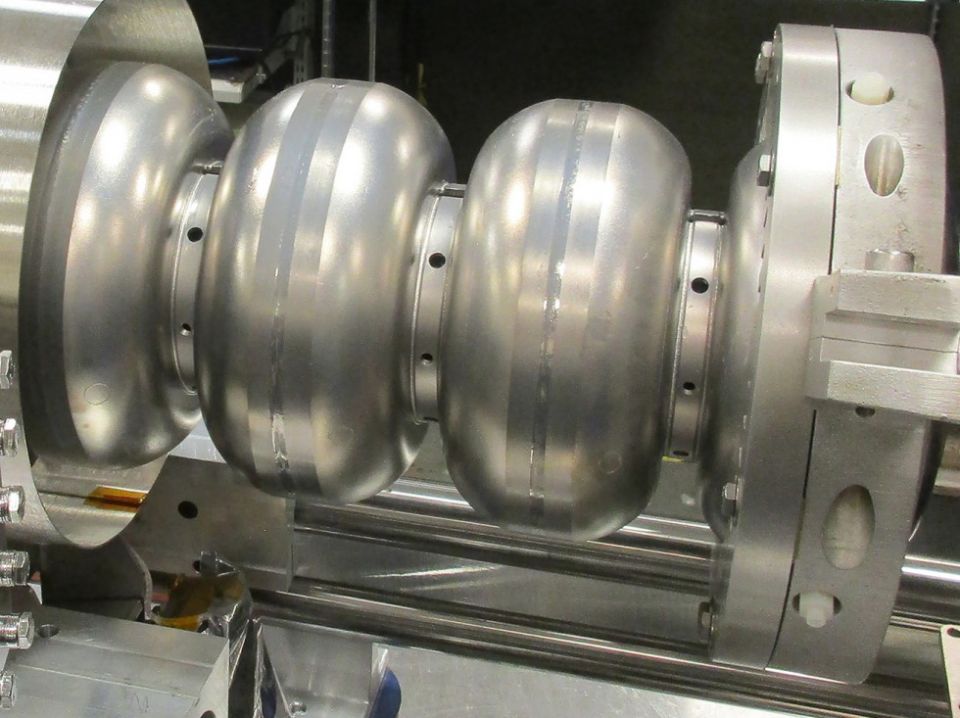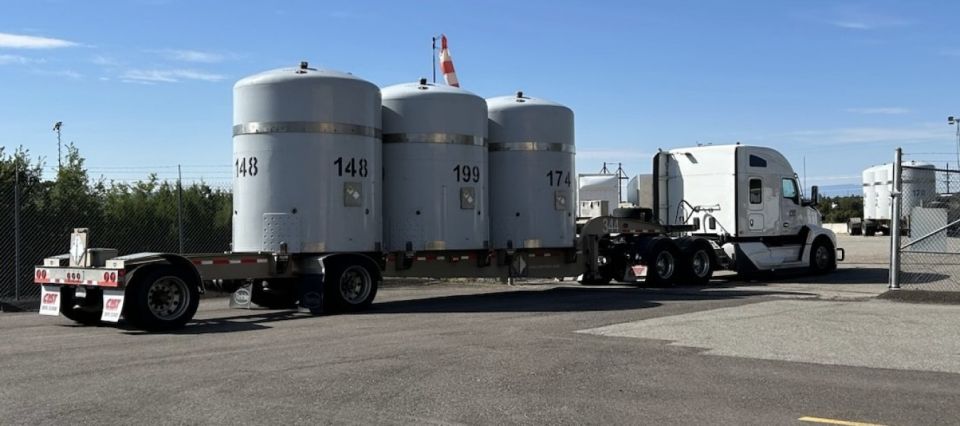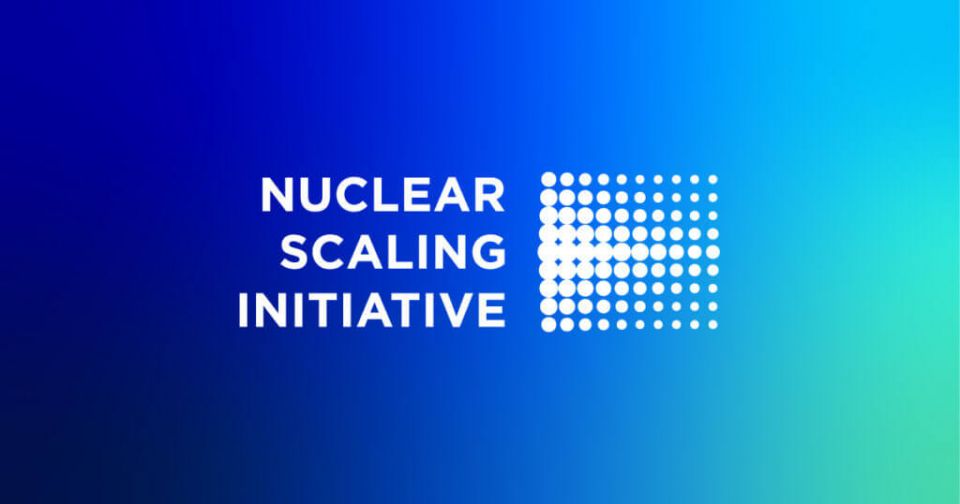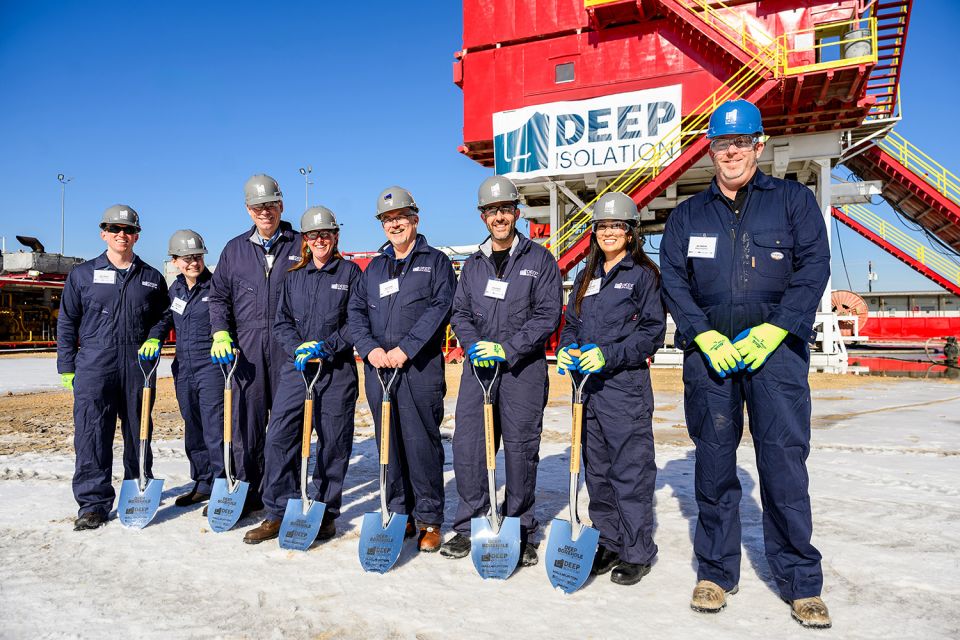Biden appoints six new NWTRB members
President Biden has announced the appointment of six new members to the Nuclear Waste Technical Review Board, an independent federal agency that evaluates the technical and scientific validity of the Department of Energy’s activities related to managing and disposing of high-level radioactive waste and spent nuclear fuel.

-3 2x1.jpg)





